Coronavirus: Solihull man's cancer treatment stopped
- Published
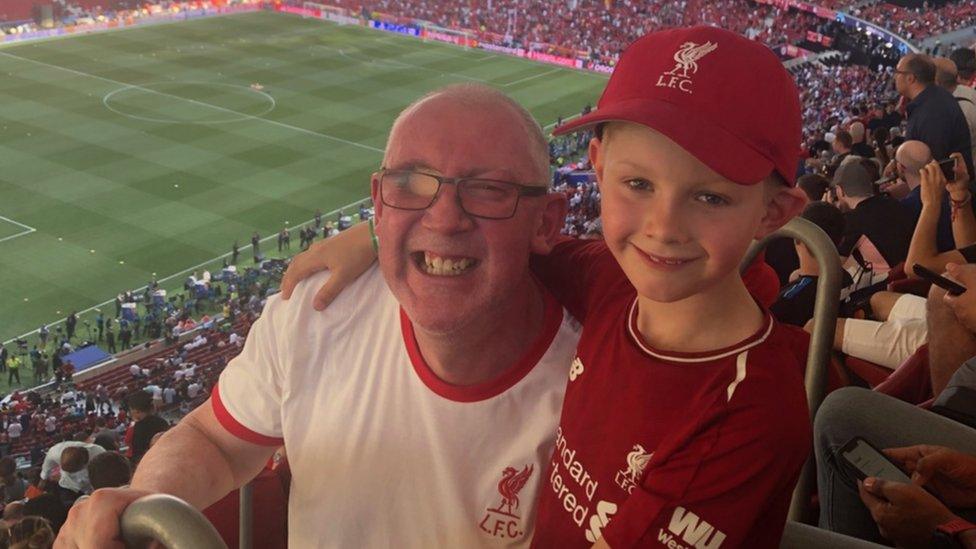
Mark Shelton's son Oliver turned eight on Thursday
A man with terminal cancer has said he is worried he will die after his treatment was suspended while hospitals focus on tackling coronavirus.
Mark Shelton, from Solihull, has been treated at Birmingham's Queen Elizabeth Hospital since he was diagnosed with metastatic malignant melanoma in 2015.
His immunotherapy was suspended for a minimum of 12 weeks as resources are redirected to the coronavirus effort.
The hospital trust said it was having to make "difficult decisions".
"I'm going to miss three cycles [of treatment] because the resources are going towards helping coronavirus patients," Mr Shelton said.
He said he was "angry" when he was first informed and felt "everybody else who has terminal illnesses are not going to get the quality of treatment they need".
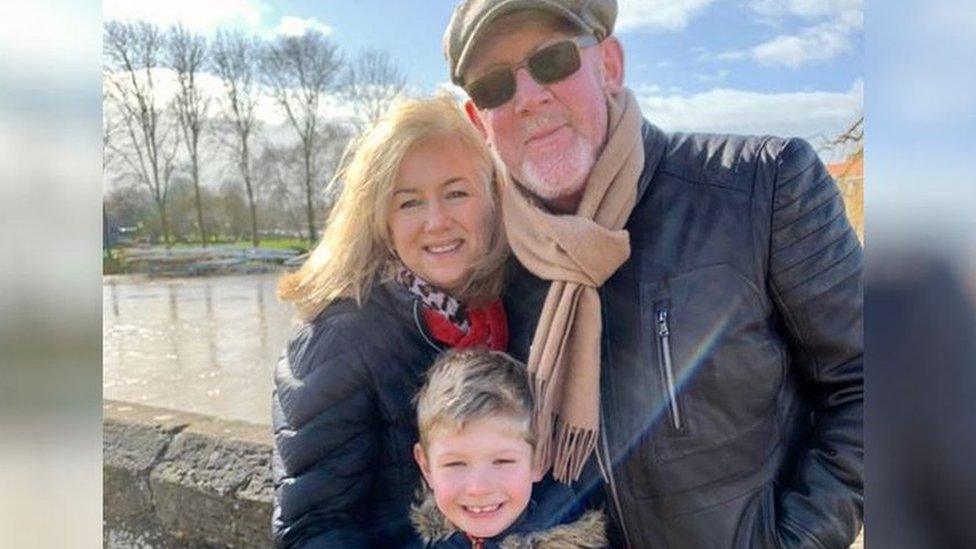
Mr Shelton will miss at least three months of his "life-saving" treatment
University Hospitals Birmingham (UHB), which incorporates four hospitals including the Queen Elizabeth, said it regretted that any treatment had to be cancelled.
A spokesman said not all cancer procedures had been cancelled but a "high proportion" had to be deferred, though this was being reviewed daily.
Current NHS guidelines say cancer specialists should discuss with their patients whether it is riskier for them to undergo or to delay treatment at this time.
Mr Shelton said: "For me, if I don't get my treatment, I die, because this treatment has kept me alive."
UHB, the biggest NHS trust in England, has recorded more cases of coronavirus than any other.
Mr Shelton, who has a young son, said it was hard to see people "still going out" and risking "putting a massive strain on the NHS".
He has urged people to stay at home, adding: "It drives me mad. I want to see my boy continue to grow and just because you fancy a barbecue in nice weather I might not be able to do that."

A SIMPLE GUIDE: How do I protect myself?
AVOIDING CONTACT: The rules on self-isolation and exercise
LOOK-UP TOOL: Check cases in your area
MAPS AND CHARTS: Visual guide to the outbreak
VIDEO: The 20-second hand wash

Follow BBC West Midlands on Facebook, external, on Twitter, external, and sign up for local news updates direct to your phone, external
- Published8 April 2020

- Published7 April 2020
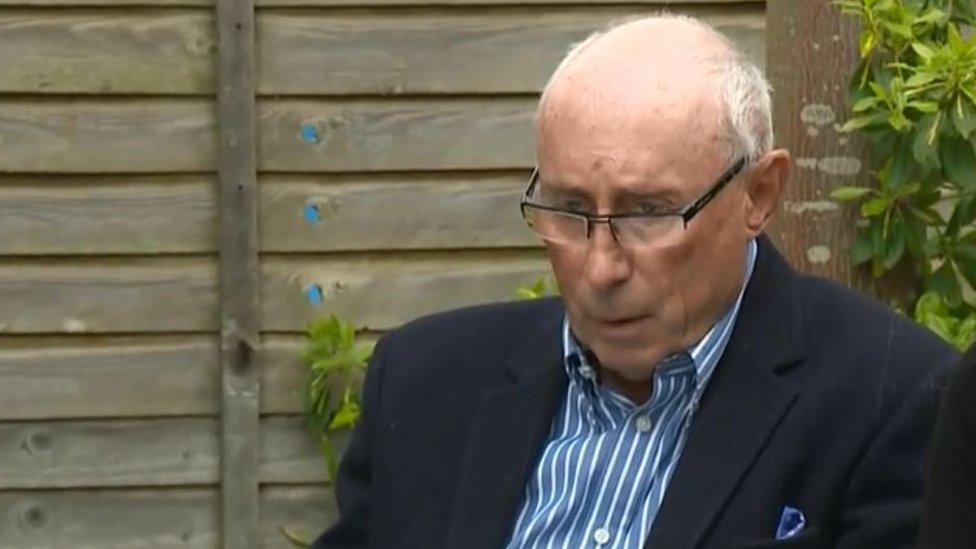
- Published7 April 2020

- Published7 April 2020
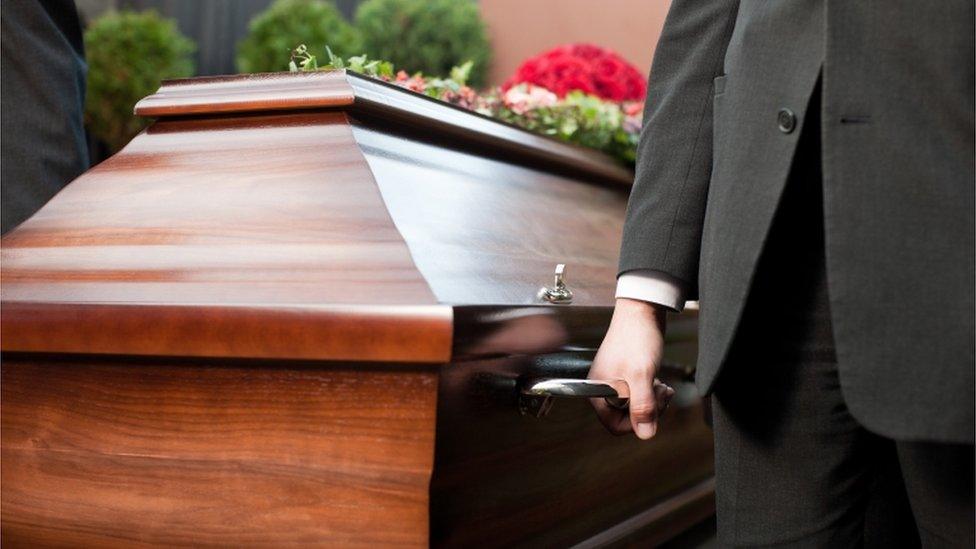
- Published6 April 2020
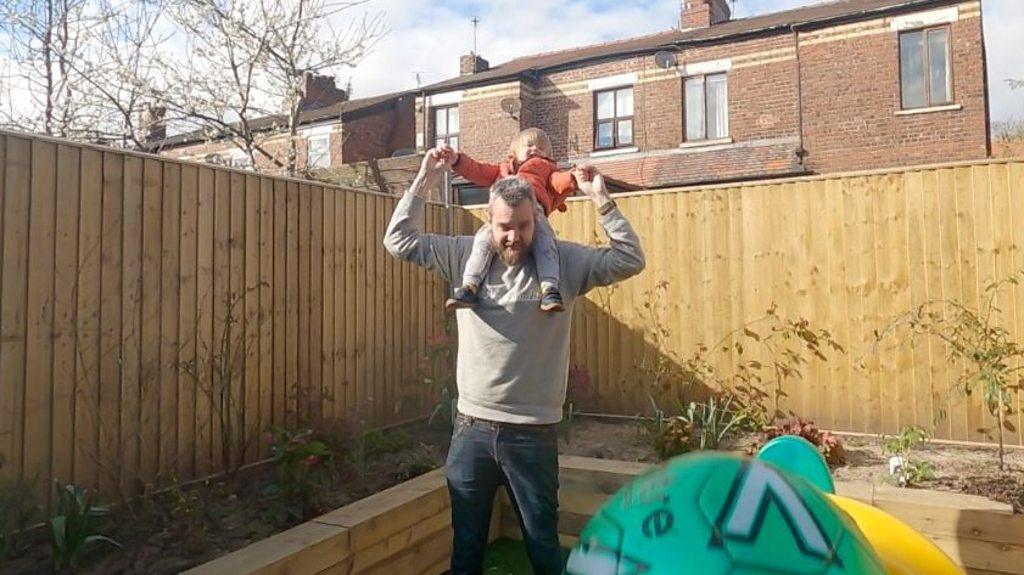
- Published25 March 2020
